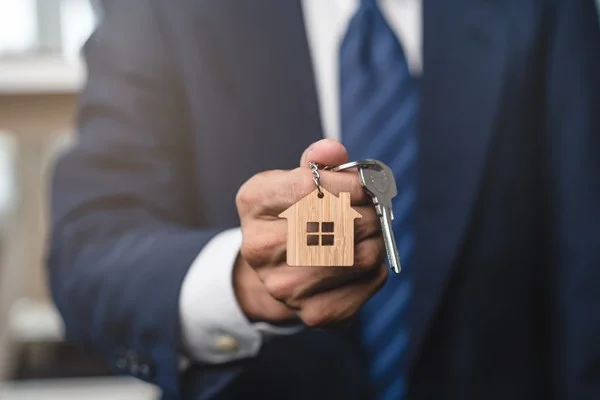To Buy or Not to Buy! Property Experts Discuss Whether Buyers Should Buy Now or Wait Until 2022

This month, property prices rose once again, by £2,509, resulting in the average price of a home in the UK rising to an all-time high of £336,073. With the price increases and the end of the stamp duty tax break, many buyers are asking whether this is the time to buy or if it would be more prudent to wait until 2022.
The property market has been somewhat chaotic over the past few months, mostly due to the pandemic and the stamp duty holiday. However, there are early indications that the market is starting to slow down and normalise. The monthly house price index report by Rightmove showed a 0.8% rise in June, down from a much higher 1.8% increase seen in May. April showed an even bigger leap of 2.1%, according to the report.
Rocketing prices were attributed to the increased demand for properties during the stamp duty holiday as well as the extremely low-interest rates on offer. With the tax break coming to an end, demand has significantly decreased, and property prices are expected to stabilise.
On July 1st, the stamp duty threshold will change to £250,000, and from October 1st, it will return to £125,000.
Ask the experts
Experts give their professional opinion on whether now is the right time to buy or if it is better to hold off for now.
Moneyfacts’s finance expert, Rachel Springall, commented that the impact on first-time buyers and people looking to remortgage will be different. Remortgagers will find they have more equity than they had before, while first-time buyers will need to save larger deposits due to increased house prices.
She also explained how new homeowners may find themselves in negative equity if prices were to drop in the near future.
She explained: “If first-time buyers have a 5% deposit to get their foot onto the property ladder, then they will find deals returning to the market after a notable absence.
“However, whether it is the right time for them to commit must be considered carefully because house prices could fall and leave borrowers in negative equity.
“Borrowers who have a limited deposit or equity may wish to spend more time building a larger pot and wait a little longer before they commit to a mortgage.”
Rachel also advised that a larger deposit attracts lower interest rates when it comes to getting a mortgage. A two-year fixed-rate mortgage with a 10% deposit works out at 0.53% lower than the same mortgage with a 5% deposit.
She said, “Clearly, stretching to just 5% more could entail some substantial savings on mortgage repayments by moving down the next loan-to-value bracket.”
She added that she would advise caution when it came to considering sub-1% mortgages and to ensure to check all fees and any additional costs before committing. She left off by saying that it is really down to individual circumstances whether now is the time to buy or not.
Hargreaves Lansdown’s personal finance analyst, Sarah Coles, stated that she felt that house price drops in the short term were “not the end of the world” if you expect to live in the property over the long term. However, she advised buyers to be aware of bidding wars and to not pay more than they wanted to, in which case it may be better to wait.
Sarah added, “Likewise, it might make sense if you haven’t saved enough of a deposit to make the mortgage affordable or if you’re concerned about the immediate outlook for your job.
“But there similarly might be very good reasons to get on with it, especially if you’re living somewhere that’s making you or your family unhappy.”
